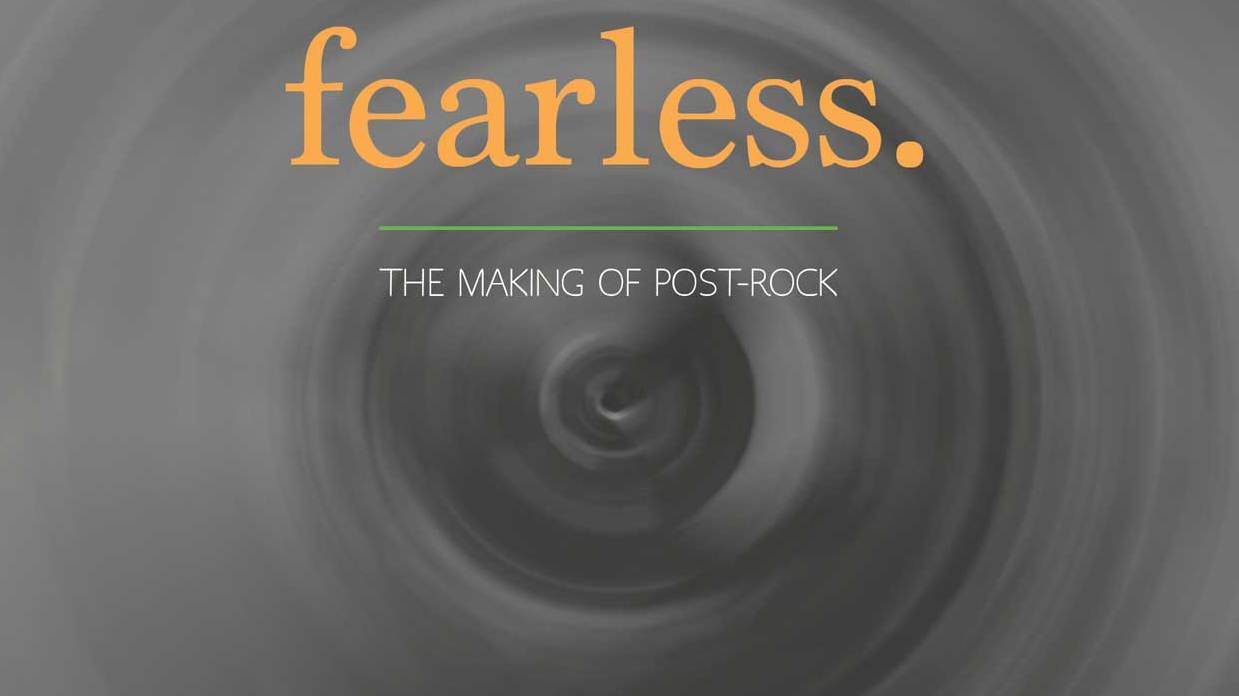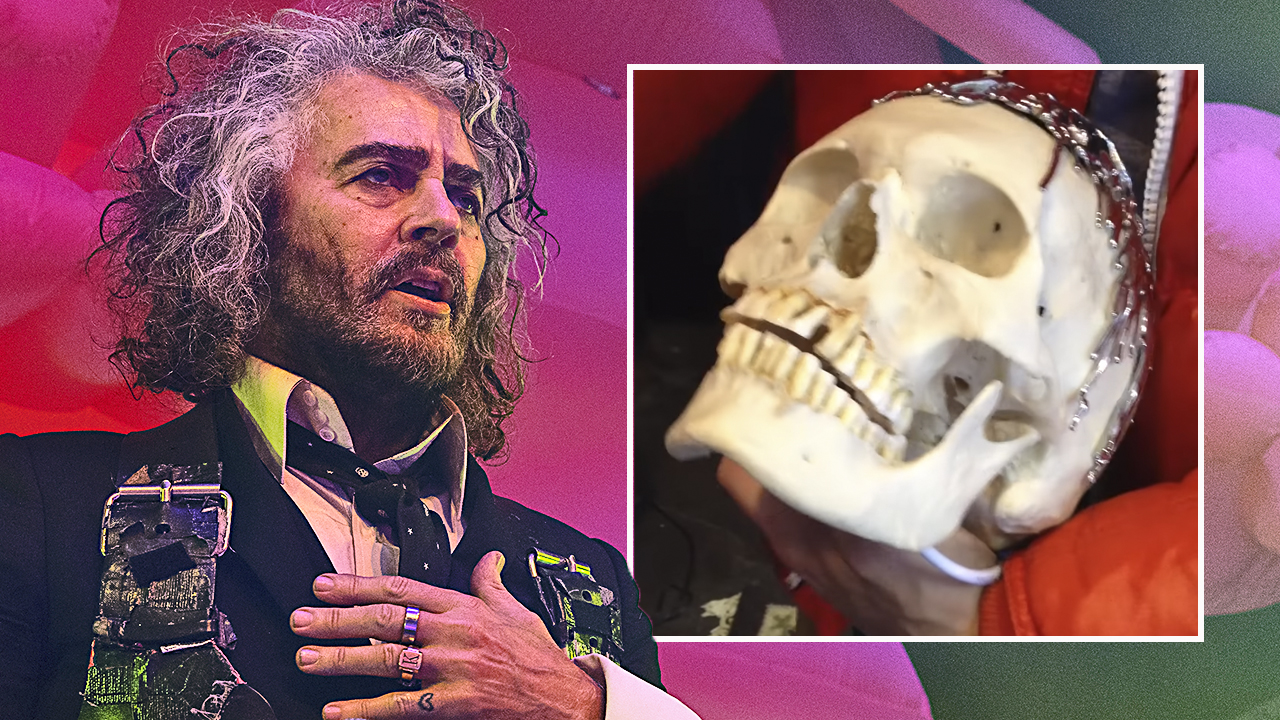You can trust Louder
Credit to anybody that can untangle the mess of what ‘post-rock’ was and is, but that’s the tall order that Jeanette Leech attempts to fulfil.
Fearless is a formidable piece of work, worth reading for the ‘proto’ section alone; a great amount of research and thought has gone into tracing the connections between post-rock, avant-garde and progressive rock. What’s also interesting is just how closely the scene Leech paints of the early post-rock years – up to about 1994 – resembles that of the trailblazing psych, prog and punk scenes that previously tore up the rock rulebook. Another highlight is the brilliant section on second wave bands such as Mogwai, which should be essential reading material for fans or curious newcomers. Though there’s a cracking piece on Sigur Ròs, and the influence of both Radiohead and US math-emo on third wave post-rock, much of the 2000s is glossed over. Post-rock is now commercially more relevant than ever with even festivals devoted to it. Artistically, third-wave bands such as Oceansize, Russian Circles and 65days have achieved a more complete blending of the electronic, dance and drone sides of the genre, not to mention myriad metal and prog crossovers. A small gripe, though, on what is a comprehensive and passionate work on a deep and complicated genre family.
Sign up below to get the latest from Prog, plus exclusive special offers, direct to your inbox!

